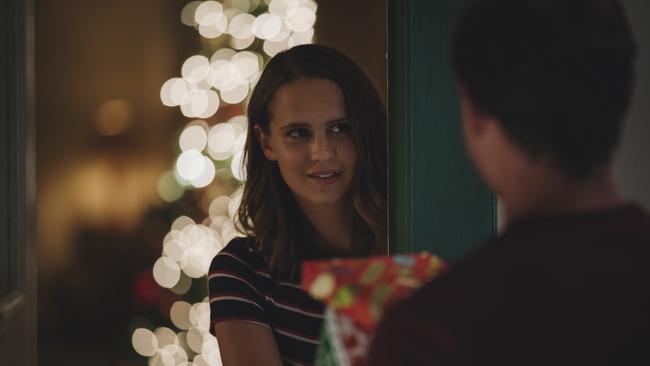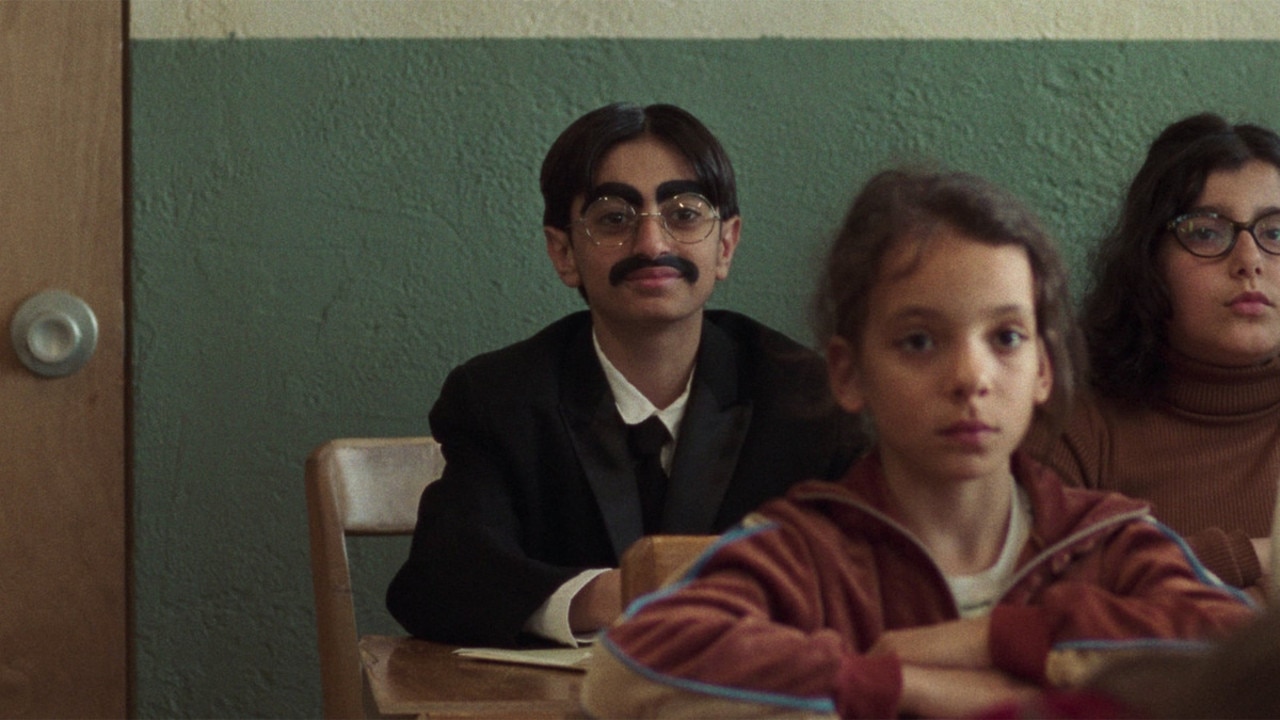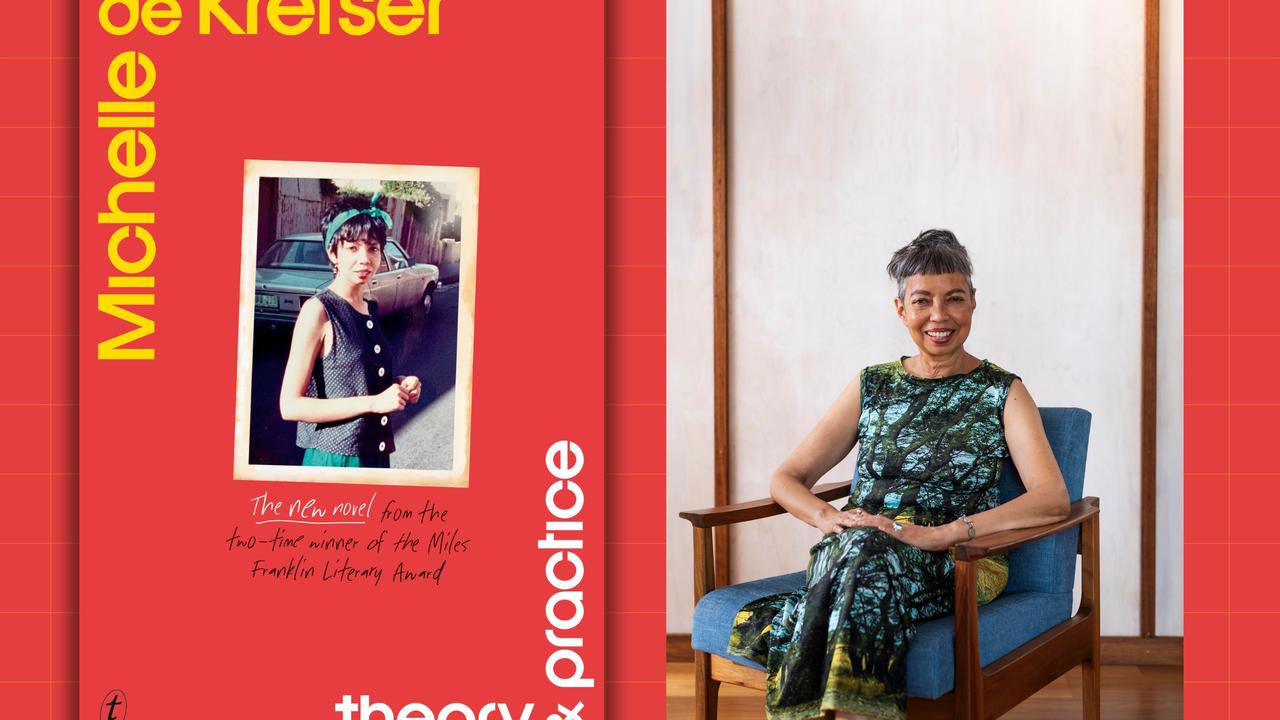Juniper, Granny gets her gun
Charlotte Rampling is brilliant as a cranky old woman who downs copious amounts of gin in Kiwi-produced film Juniper.

Juniper (M)
In cinemas
★★★½
Juniper is a modest production from New Zealand elevated by a splendid performance from Charlotte Rampling who plays a cranky old Englishwoman who, after breaking her leg, flies across the world to stay at the rural property where her son and grandson live.
Predictable as it is, the film is well written by debuting director Matthew J. Saville – who is not to be confused with the Australian Matthew Saville, director of Noise, Felony and A Month of Sundays.
The son, Robert (Marton Csokas), whose wife has recently died, arranges for his mother, Ruth, to travel from England to New Zealand partly because she seems to have nowhere else to go and partly because he hopes she’ll be a good influence on his troublesome teenage son, Sam (George Ferrier).
The rebellious Sam has been expelled from boarding school and Robert is concerned about the boy – though not so concerned that he stays on the property to keep an eye on the youth, because he seems to spend most of his time in London where, Sam suspects, he has a lover.
Clearly Robert doesn’t know his mother very well. Ruth is no role model for Sam. Confined to a wheelchair and accompanied by a nurse, Sarah (Edith Poor), Ruth is a cranky old woman who downs copious amounts of gin – hence the film’s title. Grandmother and grandson don’t exactly hit it off to begin with as Sam objects to giving up his bedroom to Ruth. But – you’ve guessed it – it’s not very long before the ill-matched pair discover they have things in common.
The film would be negligible if not for the actors. Though Csokas is under-utilised and Poor is stuck with a rather irritating character, Ferrier and especially Rampling are splendid.
Ferrier is a real find and has the makings of yet another antipodean actor who might make his mark in international cinema.
Rampling, who has been given some meaty roles in recent years, is memorable as Ruth. The elderly woman reveals that she had lived an exciting life as a war photographer and had enjoyed more than one lover. Now her horizons are limited to this isolated corner of New Zealand, and she’s not at all happy about the prospect of ending her days there.
The actor keeps sentimentality firmly at bay as she inhabits her character with candour, authority and a welcome sense of humour.
-
The Conference (Die Wannseekonferenz) (M)
In cinemas from Thursday
★★★★
On January 20, 1942, 15 high-ranking members of the Nazi government met in a schloss located on the shores of Wannsee, a lake on the fringes of Berlin, for a conference in which the fate of 11 million Jews was discussed and debated.
The location was chosen for its proximity to the centre of power and, an important consideration on this cold winter’s day, for its central heating. Adolf Eichmann (Johannes Allmayer) and Reinhard Heydrich (Philipp Hochmair) effectively ran the meeting in which the Jewish “problem” was examined and in which it was resolved to eliminate these “parasites” as demanded by Goring and Hitler, neither of whom attended the conference.
Watching the film, which was made for German television and which is understandably dialogue driven, I was struck by contemporary parallels. These top-tier Nazis blame the Jews for starting the war, just as today Vladimir Putin blames Ukraine for starting the war he is waging against his neighbour. Both propositions are clearly ludicrous.
Based on actual records of the Wannsee Conference, the film – convincingly acted by a relatively unknown cast – is chilling.
It is decided to use poison gas to exterminate the Jews because it will save bullets needed for the war effort. Debate is held on questions such as what to do with half-caste Jews, Jews who served with distinction in World War I and Jews married to Aryans.
“Fate has chosen this generation” to arrange “the final solution”, Heydrich proclaims.
It goes without saying that this grim subject, made all the more distressing by the almost matter-of-fact way the slaughter of millions of innocent people is breezily discussed between refreshment breaks, will not be to everyone’s taste. But the film is riveting in its depiction of the banality of evil.
-
Edward and Isabella (TBC)
In cinemas (limited)
★★★
In this small-scale West Australian film, Edward (Daniel Barwick) and Isabella (Chloe Hurst) are going through a crisis.
“It’s hopeless,” complains Isabella, and bemoans the fact that she “lost that sense of ownership, I lost that ‘he’s my man’.” As for Edward, he feels that Isabella wants to change him and “I can’t do or say anything more than this”.
To give their relationship a kickstart they decide to take a trip away from the city and head south for Albany.
They stay in a well-appointed rented house, drink a great deal of wine and embark on an exhilarating mountain climb. But will this be enough to overcome their problems?
Writer-director Adam Morris’s low-budget marital drama is essentially a two-actor movie. There is a third character, that of a psychiatrist, though he (Renato Fabretti) is heard but never seen.
Hurst and Barwick are both very good and the differences that have threatened their relationship seem psychologically convincing.
This is the sort of film that will probably play better on the small screen than in cinemas, but despite that it’s worth tracking down.
-
Press Play (PG)
In cinemas
★★½
Press Play is a mildly amiable rom-com with supernatural trappings. Set and filmed on the Hawaiian island of Oahu – which at least makes a welcome change of setting from Los Angeles or New York where these sorts of films usually unfold – the film tells the improbable love story of Laura (played by the charming Clara Rugaard) and Harrison (Lewis Pullman).
Laura, who likes to paint scenes of the cliffs and ocean, is persuaded by her best friend Chloe (Lyrica Okano) to meet Harrison who manages a record shop specialising in second-hand vinyl albums.
The pair hit it off, and before long Harrison is teaching Laura how to surf.
The couple also begin to compile a mix cassette tape of their favourite songs.
Just when it looks as though there will be a happy ending, tragedy strikes and Laura is left alone. Sometime later the grieving young woman discovers that when she plays the mix tape she is spirited back in time to before Harrison’s death.
Is it possible to change the course of events she wonders?
The brightly packaged film, directed and co-scripted by Greg Bjorkman, holds few surprises after this fanciful set-up has been established, but there are appealing performances from the leads and it’s also good to see Danny Glover who plays the owner of the record shop.
A scene from Frank Capra’s classic romantic fantasy It’s a Wonderful Life (1946), which is showing on television at Christmas, is a reminder that there’s a long tradition of supernatural romances in American cinema.
Press Play isn’t in the same league as Capra’s masterpiece, but it’s a modestly engaging and handsomely packaged diversion.





To join the conversation, please log in. Don't have an account? Register
Join the conversation, you are commenting as Logout